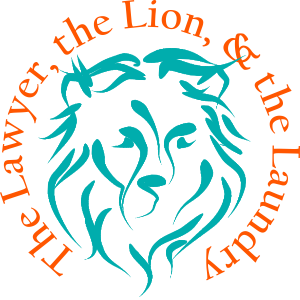Calm in the Chaos - Tips for a Better Life
"I Dream of a World Where Someone Having a Disability Is Viewed as 'Normal'"
October is Dyslexia Awareness Month
by Jamie Spannhake
October 12, 2020

I received an insightful comment on my blog post book review of Molly Burke's book It's Not What It Looks Like. Molly is as 20-something YouTuber who is blind, and her life experience has made her wise beyond her years.
Since October is Dyslexia Awareness Month, I thought it would be appropriate to share the comment as it highlights the social model of disability and is from the perspective of a successful blind woman. Here's what she had to say:
"I found this post and your blog whilst looking for others’ thoughts on Molly Burke’s Book; I don’t normally read reviews prior to reading the book, but I was curious about what sighted readers would say about this one. As of this writing, I’ve yet to read It’s Not What It Looks Like, but knowing Molly’s content, I’ve no doubt I’ll love it."
"I think this was one of the best reviews of Molly’s book I’ve read; I’m glad you were able to take something deep away from it, especially regarding the social model of disability. As a blind woman myself, I subscribe to this model; I do think that science should continue to evolve and learn about blindness—and other disabilities—so we can better understand, but I also don’t think society should spend its efforts making disabilities a “bad” or “tragic” thing. I dream of a world where someone in a wheelchair, using a white cane/guide dog, or having any other disability is viewed as “normal”, a world where the criteria for someone being remarkable/inspirational is the same regardless of a disability or lack thereof. It’s hugely disconcerting to me as a highly educated and successful blind woman to be going somewhere only to be interrupted by someone who praises me for my ability to not run into things, or tell me how brave I am for getting out of bed and living my life."
'I’m glad your daughter also loved the book and that she wrote to Molly. I’m glad you are a parent who reminds her that her disability isn’t the problem. That kind of support is absolutely critical to a child’s confidence and development, and I hope more parents learn from you. I never got any of that growing up, though I am proud of who I have become.'
'Please keep doing what you are doing and give your daughter an extra smile from me. Let her know that when she’s struggling, or when other kids mock her because of her struggles, she isn’t alone; I was there too once.'
This comment means a lot to me, not only because it validates my approach to my daughter Sarah's learning differences, but also because it comes from a person who knows and reached out to tell us that we are supported.
Thanks for taking the time to share your insight and support.
xo



0 comments